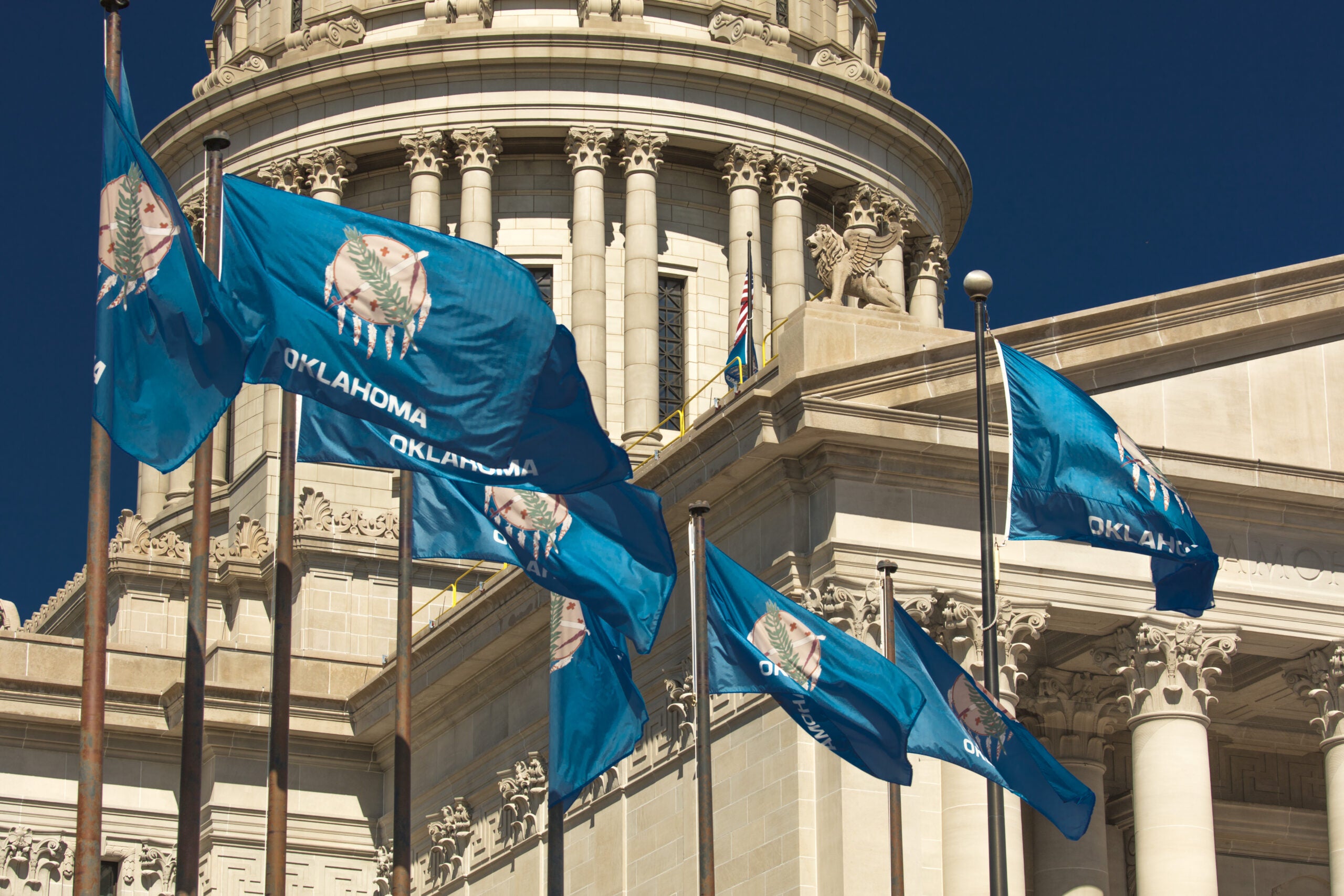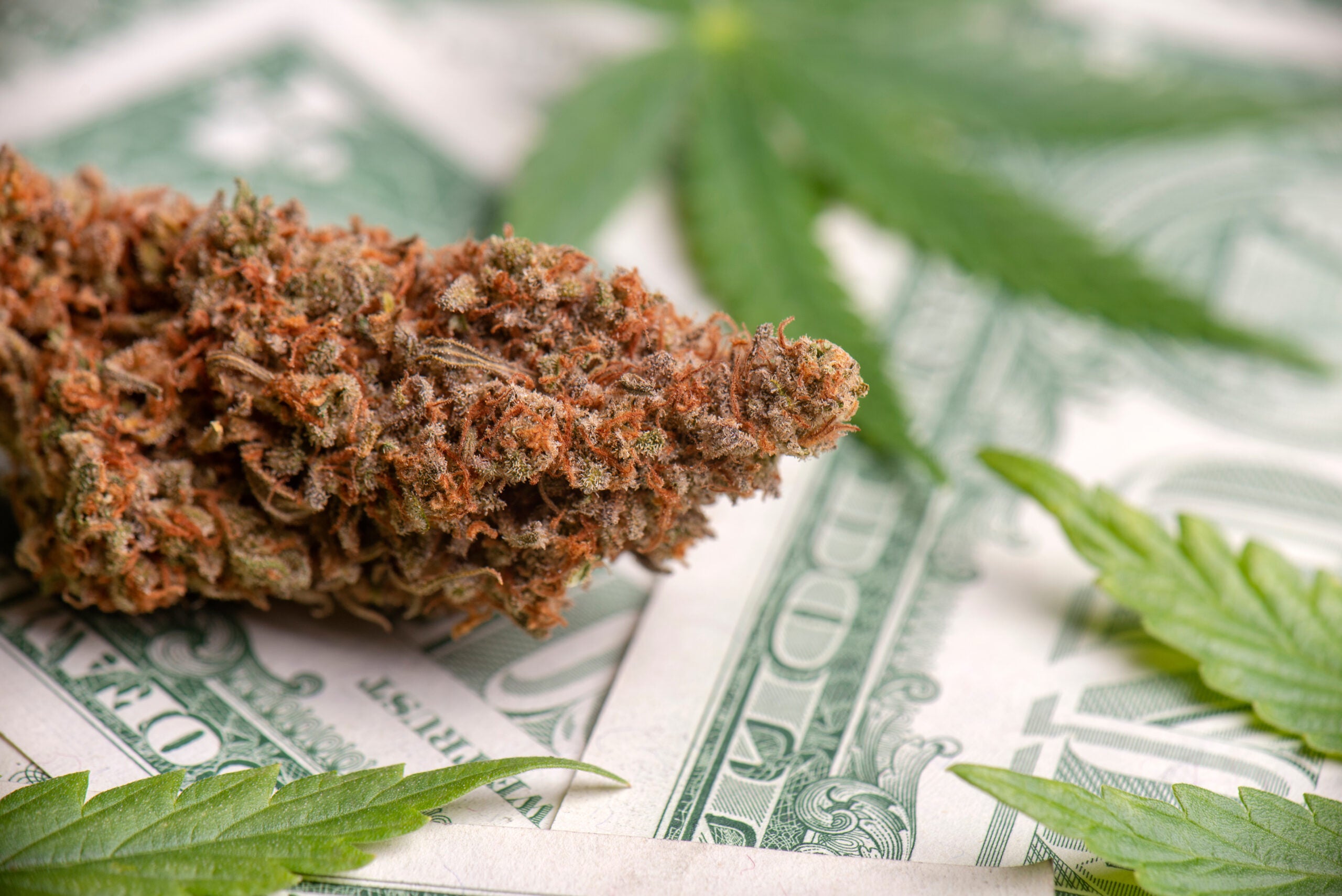Plants are the master chemists of our planet. All plants produce between 100,000 and 1 million metabolites. Cannabis contains over 500 chemical compounds, including 100 cannabinoids, including various forms of THC.
The Delta-9 cannabinoid is the quintessential form of THC. It has been the subject of clinical trials for nearly everything from multiple sclerosis to memory retrieval.
Less is known about its close cousin, Delta-8. Because of this, 19 states have already restricted or banned it, and four others are reviewing its legality.
Delta-8 THC can provide a feeling of euphoria, but a loophole in the 2018 farm bill leaves it unregulated at the federal level. The farm bill defines legalized hemp as a cannabis plant containing 0.3 percent delta-9 THC or less — levels too low to have a psychoactive effect.
The bill does neglect addressing delta-8 THC levels. This omission makes it legal for vendors to sell the compound as edibles, disposable vapes, or tinctures, with very little oversight.
Between December 2020 and July 2021, the FDA states that poison-control centers received 660 calls from people suffering ill effects due to consuming delta-8 THC.
Many of the callers had consumed delta-8 unintentionally, and the overwhelming majority were children. Dozens were hospitalized with feelings of lethargy, erratic heart rates, slurred speech, and “coma.” These reports have set off concerns about banning delta-8.
THC produces a high by binding to cannabinoid receptors in the body’s endocannabinoid system. The two compounds, Delta-8 and Delta-9, are very similar. The only thing separating the two is a double bond, found on the ninth carbon in delta-9 and the eighth carbon in delta-8 THC.
There have been no clinical studies of delta-8 nor any studies comparing it to delta-9.
Citing a lack of research into delta-8’s psychoactive effects, fourteen states – Alaska, Arizona, Arkansas, Colorado, Delaware, Idaho, Iowa, Kentucky, Mississippi, Montana, New York, Rhode Island, Utah, and Vermont – have blocked the sale of delta-8.
No one has enough solid data to be concerned, but the common wisdom seems to be “better safe than sorry.”
There is a chance that delta-8 is not harmful. The danger is more likely in how it is extracted, mixed, and processed.
Manufacturers extract THC using solvents such as dichloromethane, which emits highly toxic fumes when exposed to heat. By definition, an unregulated market would not track whether these chemicals remained in eaten, vaped, or smoked products. Some of these products may already contain harmful compounds.
“If this operation is run in a lab somewhere else, you really don’t know what is happening,” Daniele Piomelli, director of the University of California, Irvine, Center for the Study of Cannabis, said in an interview with NBC News last year. “Whenever you are looking at one of these derived compounds, you have to ask yourself how it was extracted from a plant.”
The popularity of Delta-8 THC soared throughout 2020, and many believed this trend would continue into 2021 and beyond.
The federal government and the DEA are acting quickly and forcefully to apply the brakes. Additionally, The US Hemp Authority has stopped certifying delta-8 THC products and advises companies to cease producing delta-8.
If the federal government legalizes cannabis, delta-8 products would be regulated, becoming a non-issue.
But the federal government may add delta-8 to the Controlled Substances Act, which would also end the current delta-8 controversy. But, a few months or years later, the market could be flooded with yet another cannabis compound not thoroughly tested or regulated under the law.












Leave a comment
All comments are moderated before being published.
This site is protected by reCAPTCHA and the Google Privacy Policy and Terms of Service apply.